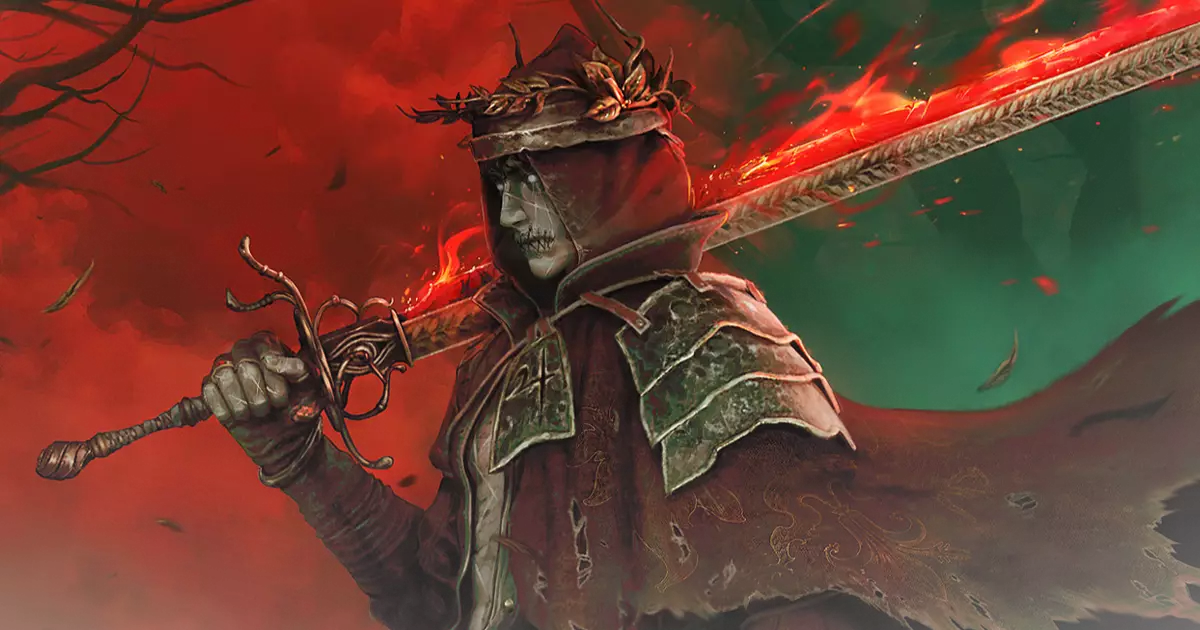The upcoming action-RPG from Jyamma Games, titled “Enotria: The Last Song,” signals a bold step into the realm of literary reimagining, where ancient epic poetry meets contemporary game design. Unlike previous adaptations that reduced Dante Alighieri’s *La Divina Commedia* to mere thematic backdrop or superficial spectacle, this project ambitiously seeks to deepen the narrative experience. By integrating gameplay mechanics such as diverse combat classes, configurable character genders, and a nuanced narrative alignment system, Jyamma appears to aim for a synthesis of storytelling and player agency rarely seen in adaptations of such a canonical work.
What distinguishes this effort is its willingness to embrace complexity and modern gaming conventions simultaneously. The inclusion of procedurally generated dungeons and customizable gear suggests an understanding that today’s players crave personalization and unpredictability. Yet, it also raises questions about whether these features serve the story or commodify Dante’s profound exploration of morality and sin. Is the divine journey reduced to loot hunting in hell? That risks trivializing the spiritual heft of the original text—a concern that needs to be critically examined.
Transforming a Poem Into Interactivity
Dante’s *Divina Commedia*—a poetic tapestry weaving theology, philosophy, and personal introspection—was never meant to be a straightforward game narrative. Instead, it’s an intricate voyage through the soul’s darkest depths, marked by allegorical richness and moral ambiguity. Translating this into an action-packed RPG strips away some of its contemplative layers, replacing them with combat and exploration mechanics. While such an approach may appeal to players seeking adrenaline amid existential themes, it risks diluting the poem’s philosophical core.
The developers’ choice to embed a narrative aligned system and a universe rooted in the idea that the Divine Comedy has replaced old faiths transforms the journey into a broader mythological allegory. This reinterpretation offers the potential to explore contemporary themes—chaos versus order, morality’s relativity—through the lens of Dante’s descent. However, it also invites critique: does turning Dante into a hero in a digital hellscape domesticate the poem’s profound critique of sin and redemption? Or can the interactive medium elevate its moral questions, prompting players to reflect on their own actions?
The Cultural Stakes and Risks of Literary Adaptations
Historically, attempts to adapt Dante into media—whether in art, film, or games—have often fallen short of capturing the original’s depth, sometimes veering into sensationalism or superficial spectacle. *Dante’s Inferno* (2010), for example, prioritized visceral combat over the spiritual journey, earning mixed reactions and accusations of trivializing Dante’s work. The concern that Jyamma’s version might fall into similar traps is valid, especially considering the trailer’s seemingly unrefined tone and superficial action elements.
Yet, dismissing this project outright misses its potential to cultivate a new appreciation for Dante’s universe. The metaphysical aspects of *Enotria* suggest a dreamlike, thought-provoking environment that could elevate the narrative beyond simple combat. A game that treats the infernal realms as a mythic landscape—where every circle is not merely a level but a reflection of internal struggles—might breathe new life into the epic’s themes. It’s crucial, however, that the developers remain faithful not just to the mechanics but to the philosophical and spiritual essence that makes Dante’s work timeless.
Beyond the Surface: An Opportunity for Deeper Engagement
Despite the uncertainties surrounding its execution, Jyamma’s project symbolizes a broader trend: the desire to revisit and reinterpret revered literary works through contemporary interactive media. If handled thoughtfully, *Enotria* could serve as a bridge between past and present, inviting players to grapple with moral questions in a visceral, engaging form. The mention of “stagecraft” and a universe built around the poetic invocation hints at a creative ambition that transcends mere spectacle.
However, success hinges on how well the game balances gameplay with thematic integrity. Will it challenge players to reflect on sin, redemption, and the human condition? Or will it merely offer a sanitized, action-packed version of Dante’s inferno? The key lies in transforming the familiar into something genuinely reflective, allowing players to walk through hell not just for loot or challenge, but for insight.
As the game awaits its release, it emerges as a daring experiment in literary adaptation—one that, if executed with care, could redefine how we experience classical works in an interactive age. But it remains to be seen whether Jyamma’s vision will elevate Dante’s *Divina Commedia* from a revered literary masterpiece to an immersive philosophical odyssey, or simply commodify it for fleeting entertainment.


Leave a Reply